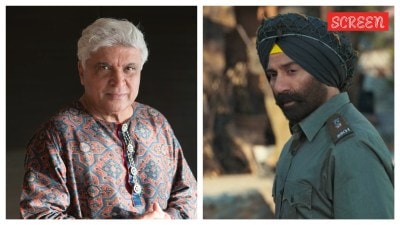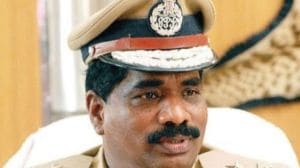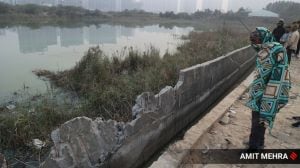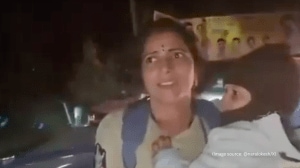Drains matter
There was a time when the best that could be hoped from polling in Kashmir was that it could be described as 8220;relatively peaceful8221;.

There was a time when the best that could be hoped from polling in Kashmir was that it could be described as 8220;relatively peaceful8221;. Many things are still uncertain about the current round of elections: but one thing that appears certain is that those days are past, at least for now. Hundreds of candidates are contesting, many more than in the last, landmark elections; and now, in spite of the weather, a separatist boycott and all supposedly informed predictions of the public mood, turnout has been high.
Indeed, in two of the three districts in the Valley that went to the polls, the number of people turning out to vote was probably close to, if not more than, the number that did so in the 2002 elections. This is a moment to savour 8212; regardless of one8217;s opinion on the Valley8217;s past and destined future.
Which is how the clear interest in elections should be viewed as well. On the one hand, those who claimed that the recent, prominent, visibility of separatist sentiment meant that keeping Kashmiris involved in the Indian state8217;s mechanisms was impossible are clearly discredited. On the other, nobody should think, as they began to last time round, that a high turnout means that everything8217;s hunky-dory, that separatist politics has been defeated. It means that people have at least developed a firm belief that 8220;local issues8221; 8212; roads, electricity, sewage 8212; need accountability at the state level, and the Indian constitutional framework can provide that. What8217;s more, it might mean that 8220;local issues8221; can keep people involved in the democratic process, keeping them interested in the constitutional structures that knit India together, can slowly accustom them to expecting representation of the sort that all parts of India are provided.
So, as we read reports of people lining up at the freezing dawn to exercise their rights, as we look at photographs 8212; chilly compositions, mixing the grey of dirty snow and the brown of old, patched phirans, but warmed by the expectant, unexpected hope in the voters8217; eyes 8212; perhaps a certain cautious optimism is justified. This is why, the objections of mainstream parties notwithstanding, postponing elections would have been a mistake. One day, Kashmir will be normal again; to hasten that day, the rest of India has to start treating it as normal whenever it can 8212; and we must never underestimate the drawing power of being able to fix drains.
- 01
- 02
- 03
- 04
- 05































